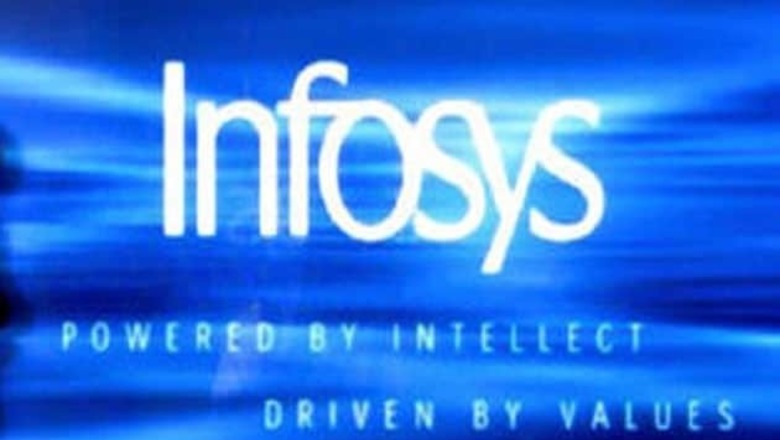
views
Beijing: China's burgeoning IT industry is not a threat to the Indian software industry yet, but it is well entrenched in the domestic market to make the Indian majors sweat to gain entry, says a top Indian IT official. "Our $ 100 billion software industry is under no threat from China," says Rangarajan Vellamore, CEO of Infosys, China.
The Chinese IT is no threat in overall terms because it is not yet investing big in the US where Indian software firms are well entrenched, Rangarajan, who has been working in the Chinese market for the past seven years, told PTI in an interview, providing a broad view about the status of the Chinese software industry.
Chinese IT companies are not investing in the US as they are unable to understand the nuances of the market penetration and has given up their efforts making it secure for the Indian firms at least as of now, Rangarajan said. The exchange rate also made difference. Costs have gone up due to appreciation of RMB against dollar compared to few years ago, he said. The RMB appreciated over 25 per cent in the last few years over dollar.
Instead the Chinese IT firms focussed more on the local markets where they are well entrenched. Also the current US-China internet war further complicated the situation for American companies to view China as preferred offshore destination, he said. Rangarajan also said that the size of the Chinese IT market is far smaller compared to the US markets and profit percentages are not high which is why the Indian IT firms pay not so high interest.
"If you look at the Chinese IT industry per se overall addressable market spending is about $ 150 billion on the IT space. It is about $ 14 billion per annum is the addressable space" which is not big for Indian firms, he said. "From an Indian company s perspective it is not big market anyway" because the addressable market size of US market is about $ 600 billion and the Indian companies reaped more benefits there as they expanded on hardware, he said.
"In terms of purchasing power parity, US will have a revenue productivity of two and half times compared to China. There itself it is very high. It translates the market size by less than two and half times," he said.
But at the same time, the Chinese market is growing at a rate of 16 per cent which is a faster pace, Rangarajan said. "I strongly believe that though the size in the market may sound small. But based on my experience, it is a very critical market for innovation and future potential. "Hence it is essential that Indian IT giants focus and invest early," he said.
He added, "The spending is increasing and there are lot of transformation opportunities. The addressable spend is more there than the maintenance and support of systems." Rangarajan also has significant observations about why Indian firms, despite persistent campaigns by the Indian government and the companies struggling to make an entry into the Chinese markets.
"The knowledge base of the Indian companies is strong but the customer base of the Chinese companies is very strong in China. The question is how to penetrate the Chinese IT markets which are not enamoured by the big names of India firms," he said.
In its eagerness to address the $ 35 billion trade deficit, India has been insisting China to open its IT markets more to Indian IT firms and the new government is expected to press Beijing further on this. Chinese officials for their part say that there were no built in barriers but the Indian firms has to compete in the local markets.
"There are some unwritten barriers in penetrating SOEs and Government projects. However, there is a lot more can be done before hitting those barriers," Rangarajan said. All most all top brands of Indian IT firms are present in China but they mostly service the multinational firms. "Market entry strategy is about positioning as an alternative to Global IT providers which are well entrenched in Chinese markets," he said.
"We have to build case examples. Records elsewhere do not hold good in China. You have to start step by step with required investment and persistent campaign to demonstrate we can do better," he said. Infosys China itself is experimenting with various models with some success.



















Comments
0 comment